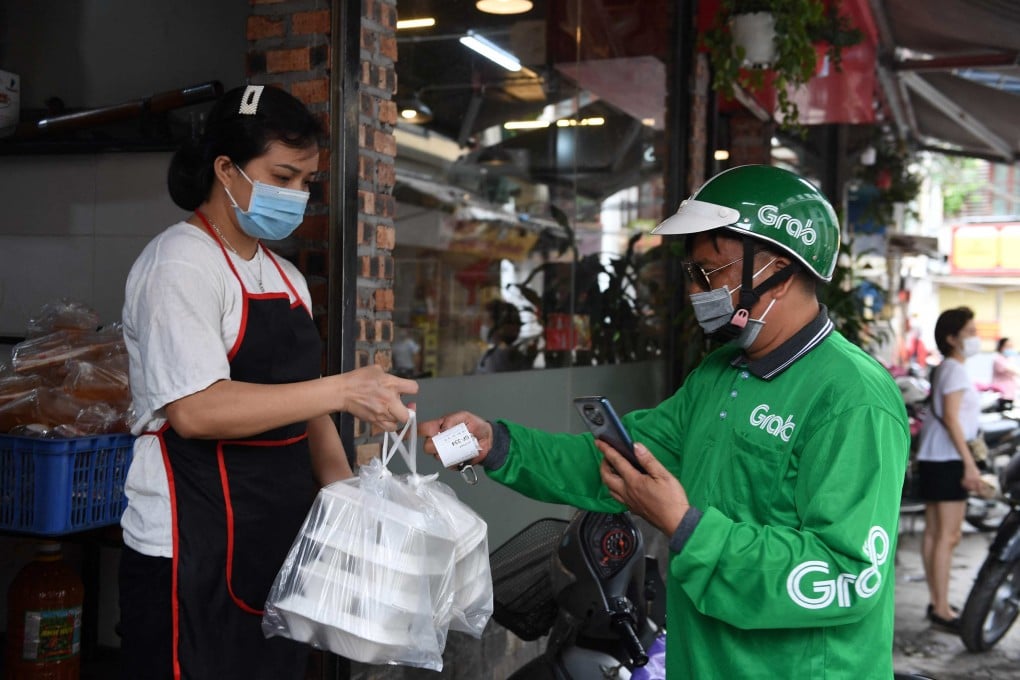Advertisement
From Vietnam to Indonesia and Singapore, delivery riders struggle as ‘supply and demand not matching’
- The delivery services sector has provided work for women seeking flexible hours, second jobs for students, and opportunities for low-skilled workers
- But in Southeast Asia, this is creating a race to the bottom, amid poor terms and conditions, a saturated market and excessive platform fees
Reading Time:4 minutes
Why you can trust SCMP
1

With low pay, high risks of accidents and an algorithm for an employer, zipping around the rain-slicked streets of Vietnam’s Ho Chi Minh City quickly lost its lustre for 35-year-old Linh Nguyen – part of the armada of overworked delivery riders connecting Southeast Asia’s gig economy.
There have been good days, she says, when the jobs regularly pinged through her phone and kind customers lifted her spirits.
But on the bad days, her body ached from the incessant rattle of 10 hours of driving, and the US$240-280 monthly income failed to cover risking the road and the competition for customers.
Advertisement
“With the salary I earn, I can only afford to pay for my rent and monthly expenses,” said Linh who is a ShopeeFood driver. “I can’t support my parents.”
After six months, she is now looking for new work.

Fuelled by Asia’s predilection for online ordering – which ramped up further during the pandemic – major players from Singapore’s Grab and Shopee, to Indonesia’s Gojek and Japan’s Line, have transformed consumer habits by connecting, moving and delivering, and providing millions of new jobs.
Advertisement
Advertisement
Select Voice
Select Speed
1.00x